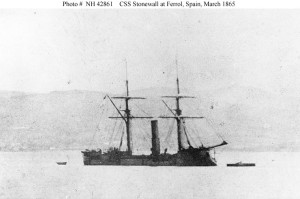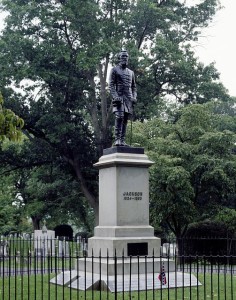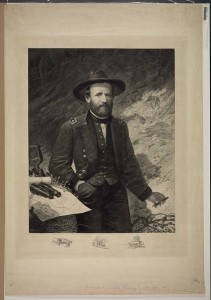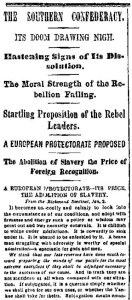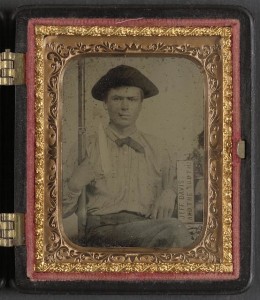From a Seneca County, New York newspaper in 1865:
PATRIOTIC LETTER FROM AN
IRISH SOLDIER.
The following is an extract from a letter written by John Graham, of this village, to his friend James Hughes, dated City Point, Va., Jan. 15, 1865: –
“I suppose you are aware that we have been assigned to the 15th Engineers, Co. L, commanded by Capt. Pond. We like the Captain very much; he is a perfect gentleman and a true soldier. Our other officers are on a parallel for their benevolence and bravery. The Seneca Falls boys are all well. It is pretty healthy here; there have only died out of our Company since we came here. It is astonishing to see the troops coming in here every day. It looks as though there was something going to be done. We are ordered to keep ten days’ rations on hand all the while; this, of course, means to be always ready. This reminds me of the words of our blessed Saviour – “be ye always ready,” &. Our cause is just, and our duty is to be always ready, and put our trust in the God of Battles and keep our powder dry. He who would not fight for his country is not worthy of a country. Though a man may suffer hardships and separation from his family and friends for a while, there comes now and then encouraging and consoling thoughts that soar as high as the eagle upon the mountain top; yes, thoughts that will live beyond the grave. Are we not defending the same flag that “Saucy Jack” Barry first caused to wave on the American ocean as first Commodore? We should be as anxious for that flag as Gen. Moylan was when he said to the Father of his Country, “when will we declare our independence?” Yes, ours is the cause that Montgomery defended when he fell, with snow for his winding sheet, at Quebec. My wish is that the day is not far distant when the glorious flag of our Union may float all over the ungrateful South, and we can say with the great O’Connell that slavery in man should not and shall not exist; but that we may have one Flag, one Country, one Government and one Union, and that peace may be restored again to this lovely land, and that the sun may not rise upon a master or set upon a slave. I remain
Yours, &c.,
JOHN GRAHAM.

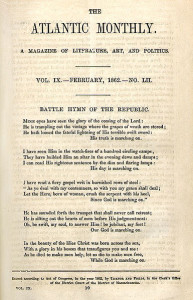

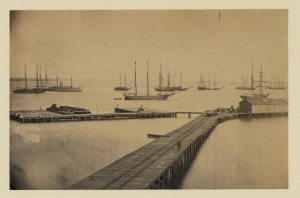
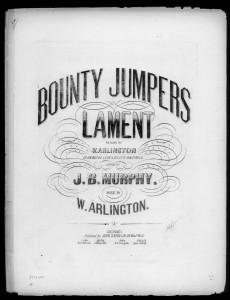
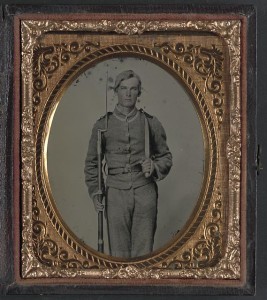
![The ever welcome Sanitary Commission (Hartford, Conn. : The War Photograph & Exhibition Co., No. 21 Linden Place, [between 1861 and 1869]; LOC: LC-DIG-stereo-1s02810)](https://www.bluegrayreview.com/wp-content/uploads/2015/01/1s02810r.jpg)
![The ever welcome Sanitary Commission (Hartford, Conn. : The War Photograph & Exhibition Co., No. 21 Linden Place, [between 1861 and 1869]; LOC: LC-DIG-stereo-1s02810)](https://www.bluegrayreview.com/wp-content/uploads/2015/01/2s02809rx.jpg)
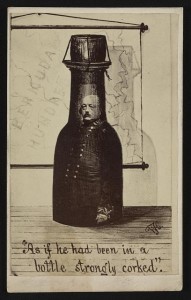
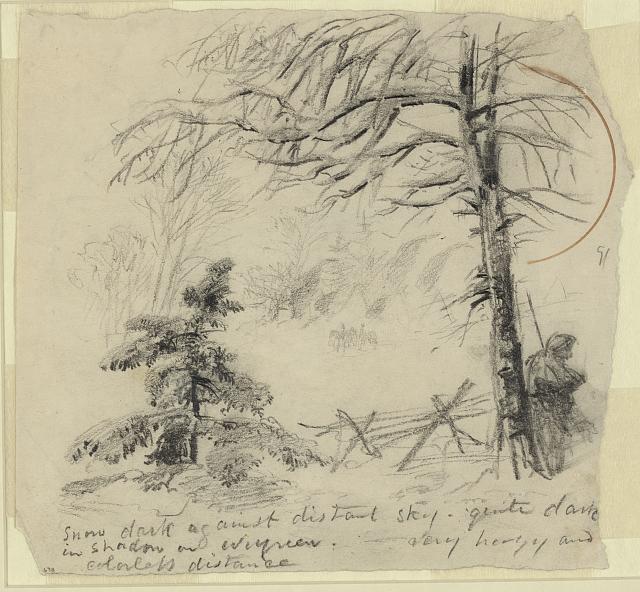
![The March across the Plains in a Snow Storm [Gen. Albert Johnston's march to Camp Scott, Utah Territory -- troops] (Illus. in: Harper's Weekly, v. 2, (1858 April 24), p. 265; LOC: LC-USZ62-438)](https://www.bluegrayreview.com/wp-content/uploads/2015/01/3a04379r.jpg)
